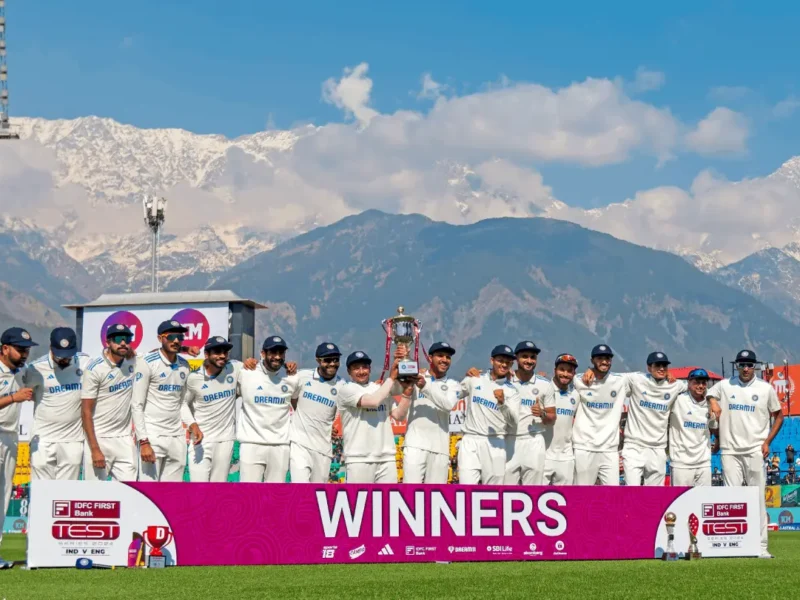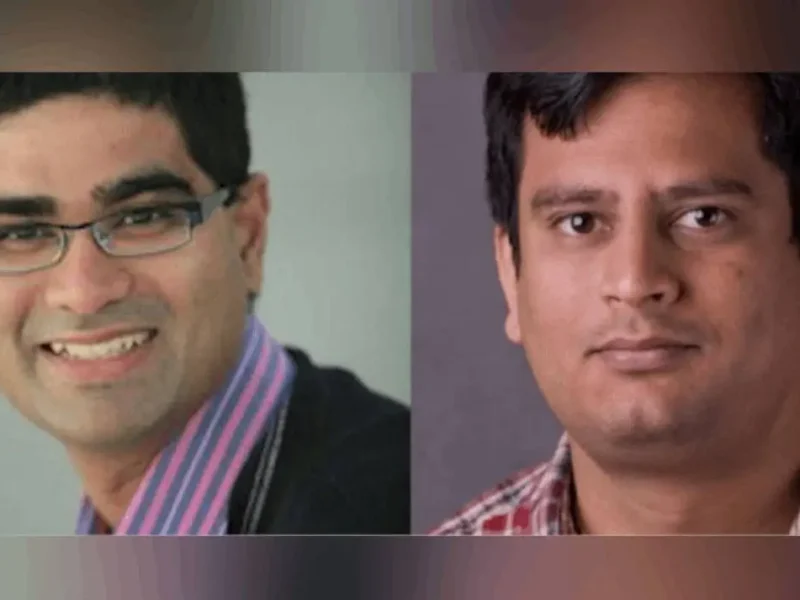
Need to De-Communalize Religion
By D.C. PATHAK
In a democracy, all citizens are on the same footing in the eyes of the state in terms of freedom of religion, equality of civic rights and grant of electoral choice at the time of political contests, whether for Parliament, Assembly, or local bodies.
A citizen lives in three dimensions of his or her temporal existence — personal, social and political. Freedom of religion or right to worship defines the relationship of a man with his God — this is direct and totally personal and not in need of a third party intervention.
Sufism paid a heavy price in its initial years for suggesting that ‘Saints’ and ‘Pirs’ had the element of ‘holiness’ and a certain capacity to fulfil desires — both these were considered an anathema in Islam which believed in a very fundamental way that there was a complete separation between God and a human being and that no ‘divine’ attributes could be assigned to a person.
Ultimately, Sufism found a place within the Islamic umbrella by reaffirming the Unity of God or ‘Tawhid’ and accepting that the ‘Sufi Saints’ were only providing ‘Waseela’ or proximity for a better understanding of the ultimate reality.
While religion decides the relationship of man with God, culture determines the behavior of a man with others in society. Hopefully, religion is supposed to influence the social conduct of a person in the direction of maintaining harmony and spirit of tolerance towards people of other religious beliefs.
There is no problem about religion so long as ‘religious practices’ performed in the open do not cause inconvenience to other sections of society, do not violate civic laws and do not flaunt ‘superiority’ of one belief system over others.
Religion should not carry its ‘exclusivism’ to social relationships and should certainly not extend this to the political realm by say asking for a separate electorate or separate political treatment in violation of the fundamental principle of equality of all citizens on which democracy rests.
What is happening is that the Ulema and the elite trying to lead the Muslim minority are projecting religion not only into politics, but also extending it more and more into social conduct by demanding the right to offer Namaz in large gatherings at public places, upholding the option of not standing during the singing of national anthem and now projecting the compulsory use of Hijab by Muslim girl students for covering their face as a mandate of Islam.
Quran does call for women to dress up so as to maintain their modesty but as the Karnataka High Court has pronounced, Hijab is not a part of fundamental injunctions of religion defined by the five Arkan or pillars of Islam.
The high court has also given weightage to the factors of public order as well as unity and integrity of the country in upholding the right of an institution to prescribe a dress code. The application of the crucial religious practices and the principles of liberty and ‘diversity’ in the enforcement of institutional discipline by colleges will no doubt be settled finally by the Supreme Court.
It can also be said that by opposing a secular directive of an autonomous educational institution about the wearing of school uniform, the leaders of the minority community are pushing the religious identity into the classroom and creating in Muslim girls a psyche of vulnerability in these times when women are successfully competing with men in all walks of life.
All communities have paternalistic tendencies but can it be said that a clear mention in Quran that ‘men are in charge of women’ leads to the Ulema countering any measures that promoted a sense of independence amongst women?
What is important in all of this is the evident encouragement to social exclusivism as a facilitator of political separatism. The latter was an instrument for gaining numbers in elections where caste and community appeals still remained a persistent factor in this country.
There has to be a fuller recognition of the built-in secularism that the democratic state of India demonstrated through the three point framework of ‘one man one vote’, equality of opportunity as also an equal protection of law and the constitutional mandate that no government will carry a denominational stamp.
Too much of minority politics could lead to a change in the voting response of many members of the majority community as well — this was seemingly the case in the recent Assembly elections in Uttar Pradesh which the BJP was winning on the strength of performance, in any case.
The day to day concerns of livelihood and family affairs are the same for all Indians regardless of their community and the domestic polity should move towards development for all and a legitimate degree of welfarism through schemes for the common man.
The communal divide here is encouraging a hostile Pakistan to fish in our troubled waters by projecting Indo- Pak relations in the Hindu-Muslim framework. All Indians — leadership of the minority community in particular — would do well to counter this by highlighting the fact that in our democratic dispensation, all citizens have the right to demand — individually or collectively — fulfilment of their legitimate aspirations from the government of the day.
The internal security situation is now threatened even more because the Sino-Pak axis is particularly active against India following the abolition of Artticle 370 of the Constitution by the Parliament in August 2019 and creation of two separate Union Territories of Ladakh and Jammu and Kashmir out of the erstwhile state.
China and Pakistan are now concertedly opposing India’s action and China is actively supporting Pakistan on various issues, including Afghanistan, Kashmir and terrorism.
While China has stepped up its aggressive moves on the border in Arunachal Pradesh, Pakistan has intensified cross-border terrorism in Kashmir. Pakistan has taken to raising questions of treatment of Muslim minority in India, actively encouraging protagonists of Khalistan movement and directly attacking the Narendra Modi regime for allegedly pursuing a Hindu agenda — Pakistan PM Imran Khan going on record to declare that “the pro- Hindutva policies of Modi government had put the position of Muslim minority in India in jeopardy”.
The action of the Pakistan government in summoning the Indian Charge d’Affairs to its foreign ministry at Islamabad to convey ‘deep concern’ over the ‘ban on Hijab’ imposed on Muslim girls in parts of Karnataka confirms that Pakistan is determined to foment communal divide in India as a plank of its foreign policy.
The leadership of the Muslim minority here should take note of this and not let any domestic issue be used by India’s adversaries to their advantage. Leaders of the Valley-based political parties of Kashmir and their allies at the Centre at that time, including the Congress, took a politically-colored view of the inexcusable violence of Islamic militants that had driven the Kashmiri Pandits out of the Valley in 1990- — it is known that Pak ISI was behind this plan of making the Valley a totally Muslim territory.
These parties always refused to name Pakistan for cross-border terrorism and what is worse, they are even now advocating that Pakistan had a case on Kashmir and should be engaged in talks. India cannot disregard the doings of Pakistani agents and acolytes in the present situation when newer forms of ‘covert’ offensives are making their appearance, including the play of ‘proxy politics’ by sponsored public fora working with anti- India lobbies at home and abroad.
(Pathak is a former Director of Intelligence Bureau. The views expressed are personal)




